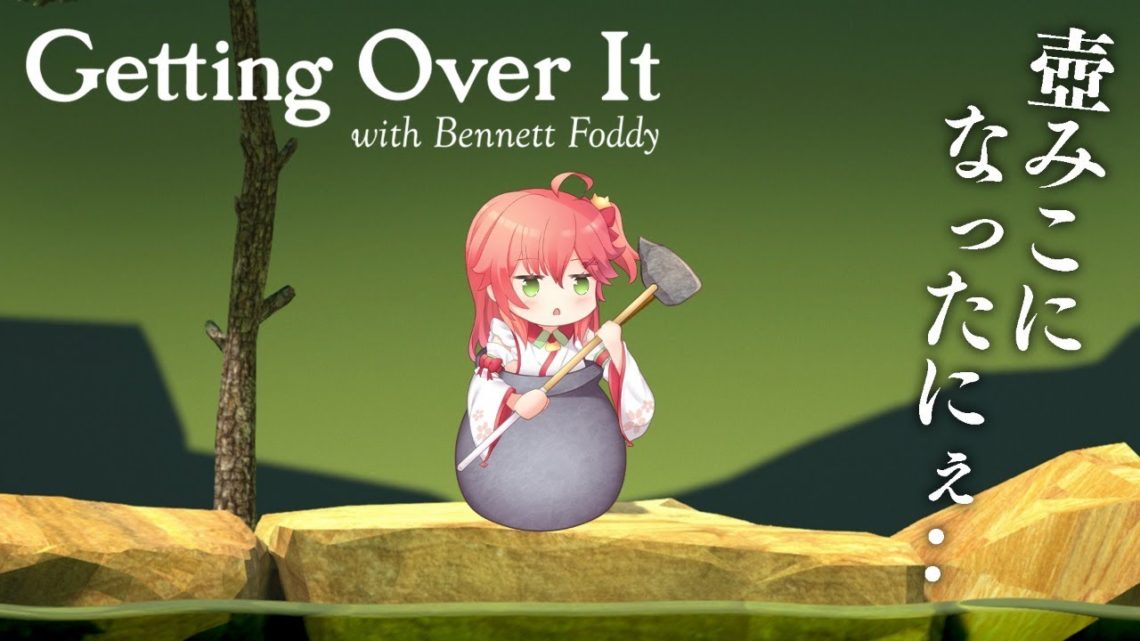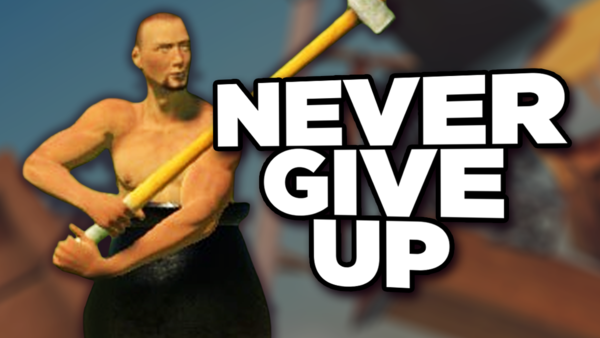
It gets fuzzy for players of games as soon as you get over the six month mark to most players, it then goes into a category of “professional product,” and they don’t care at all whether you worked on something for six months or seven years.

I feel comfortable that people generally understand the difference in a thing you worked on for a week or a month. But, with the right framing you can let people know, “Oh hey, this is something I spent three hours on.” Manage expectations. I only keep about one in five of the prototypes that I make. That’s motivating for me.Īs more people know your work, do you find yourself being more cautious about just putting something out there? Obviously, if you’re a member of the press or a YouTuber or something like that, you’ve got that as a platform, but as a creative person to get creative ideas out there, it’s just so amazing. There’s almost nothing in the world that’s as direct as that. I can have 100,000 people check out this prototype that day.
GETTING OVER IT WITH BENNETT FODDY SOUNDTRACK CODE
With a game, if I talk to someone and they give me an idea for a prototype, I can code that up in the afternoon and it can be online that day. In academia, you’re not really in dialogue until 10 years after you come up with your original idea.

I don’t believe it’s better to release something that is beyond criticism then to release something that’s flawed. It’s better to put something out there that’s flawed and have people respond to it and criticize it and then come back to their criticisms with another piece of work than to try to sit and endlessly polish something until it’s completely beyond criticism.

I don’t think any of these things are best done as single-player experiences. In the worlds I’ve been involved in-music, philosophy, science, games-it’s all best done in dialogue with other people. Then it can be another two or three years or four or five or six years before anybody’s responded to it in print. Then after it’s accepted, it can be another two years before it arrives in print. So, just getting a place to accept a perfectly good paper can be a process that takes two years. They can often come back with a rejection at that stage. The journals are all looking for the greatest philosopher in the universe so you get more rejections than acceptances.Įach time that you send it off, it has to be sent around to peer reviewers that can take six months easily. Then they give some feedback, you make some changes, and when you’re completely 100% happy with it you start sending it off to journals. When you write a philosophy paper, the process is something like this: Come up with the idea, do a bunch of research, draft up a “version one” in the argument, workshop that, start showing it to people. The web enables a form of expression in creative arts that it doesn’t enable in science or philosophy, or something like that. Is there a thrill to being able to make something, put it out, and get feedback right away? I imagine there being more immediacy to games than those other disciplines. Out of all the things I was involved in, that was the one that won me over.

You’re constrained by technology and you’re constrained by engineering in some ways, but I just have a deep love of games. Maybe it’s weird to have picked games out of all of the creative disciplines because it’s not the most free. But, where my own creative process is most satisfied, where I’m most functional, is in a place where I’m able to make intuitive connections and work emotionally and in a flexible way. It’s one where you’re rehearsing and you’re trying to pull out creative expression from a rote task which, again, is totally valid and something that some people do beautifully. So that’s a different kind of creative expression. That’s the kind of creative space I’m interested in.Īs a musician, I was the bassist. That’s valid, but you can also make games in a free-associating, intuitive, freewheeling style. There are certain people who make video games in an engineering way and a programming way. I think that’s true in my video game practice. I’ve always been more comfortable in an intuitive problem-solving space than a painstakingly logical one. What made you gravitate towards making games and teaching about games? You trained as a moral philosopher, and you played in the band Cut Copy.


 0 kommentar(er)
0 kommentar(er)
